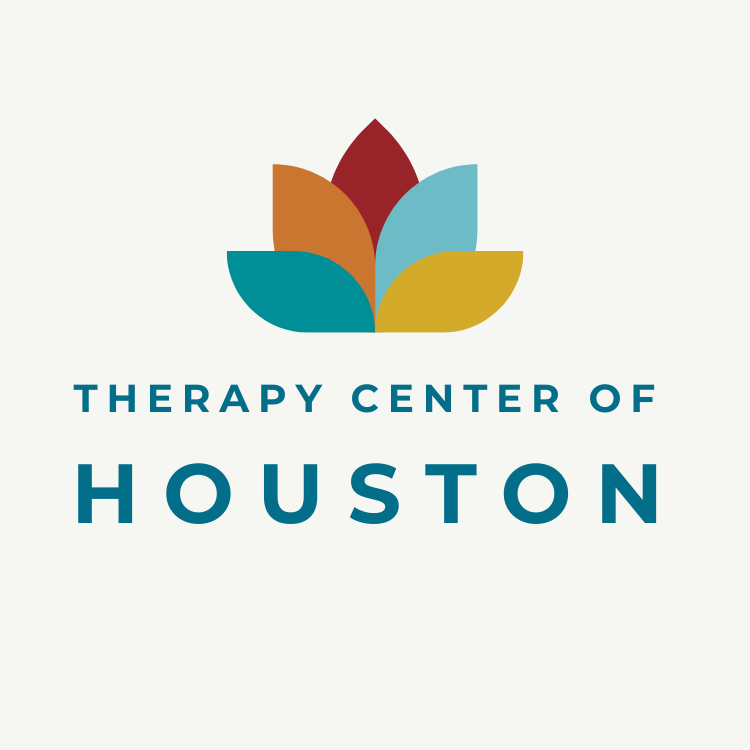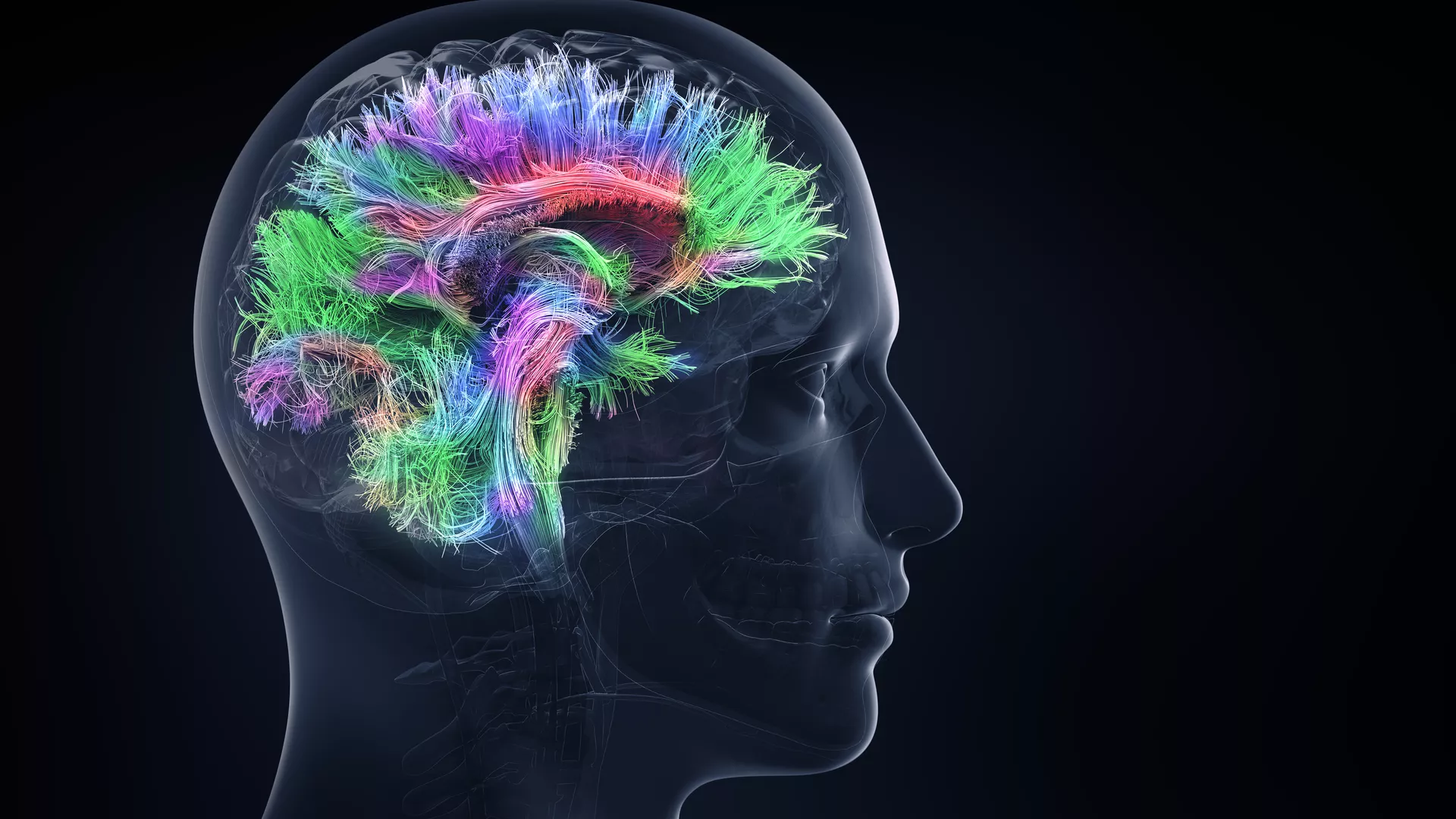Obsessive Compulsive Disorder (OCD) is a mental health condition that manifests through persistent intrusive thoughts, known as obsessions, and repetitive behaviors or mental acts, referred to as compulsions. These compulsions are often attempts to alleviate anxiety caused by obsessions or to prevent perceived negative outcomes. Individuals with OCD frequently find it challenging to dismiss these thoughts, leading to cycles of distress and compulsive behavior.
Many people experience intrusive thoughts occasionally, but for those with OCD, these thoughts can disrupt daily activities, work, and relationships. Common manifestations of OCD include compulsive handwashing, repeated checking of locks, or excessive organizing. The compulsive actions may provide temporary relief but often reinforce the obsessive cycle, leading to feelings of exhaustion and frustration.
At the Therapy Center of Houston, professionals recognize that OCD is not merely a quirky personality trait but a serious condition that requires specialized treatment. Their licensed therapists are equipped to help clients reclaim their lives through various evidence-based therapeutic methods tailored to individual needs.
**Therapeutic Approaches for OCD**
1. **Cognitive Behavioral Therapy (CBT)**: This therapy assists clients in identifying and reframing obsessive thoughts. Clients learn practical strategies to challenge irrational thinking patterns and reduce reliance on compulsive behaviors. Studies indicate that CBT can lead to significant reductions in OCD symptoms.
2. **Exposure and Response Prevention (ERP)**: Considered the gold standard for OCD treatment, ERP involves gradually exposing clients to the sources of their anxiety while teaching them to resist engaging in compulsive behaviors. Research shows that ERP can lead to a 60-70% reduction in symptoms over time.
3. **Internal Family Systems (IFS)**: This approach helps clients connect with different parts of themselves that may feel overwhelmed by anxiety or responsible for compulsive actions. By fostering inner balance, IFS can promote a healthier self-image and emotional stability.
4. **Somatic and Polyvagal-Informed Therapy**: These methods focus on the body’s response to anxiety and stress. Clients learn to recognize bodily cues and regulate their stress responses, which contributes to better emotional and physical wellbeing.
5. **Trauma-Informed Supportive Therapy**: Some OCD symptoms can stem from early emotional trauma. This gentle approach creates a safe space for clients to address underlying emotional wounds and reduce obsessive-compulsive patterns.
By utilizing these diverse therapeutic techniques, the Therapy Center of Houston empowers clients to gain control over their symptoms, restore autonomy, and cultivate a sense of clarity and calm. With dedicated support, individuals with OCD can improve their quality of life and reduce the impact of their symptoms on daily functioning.



